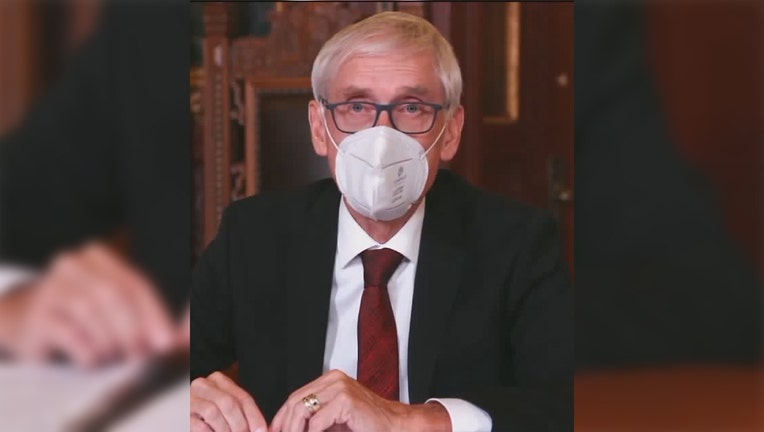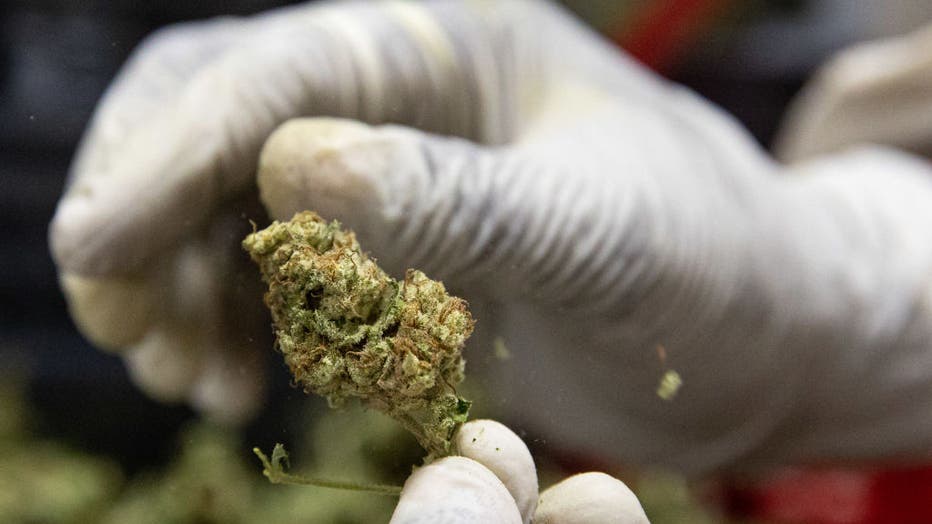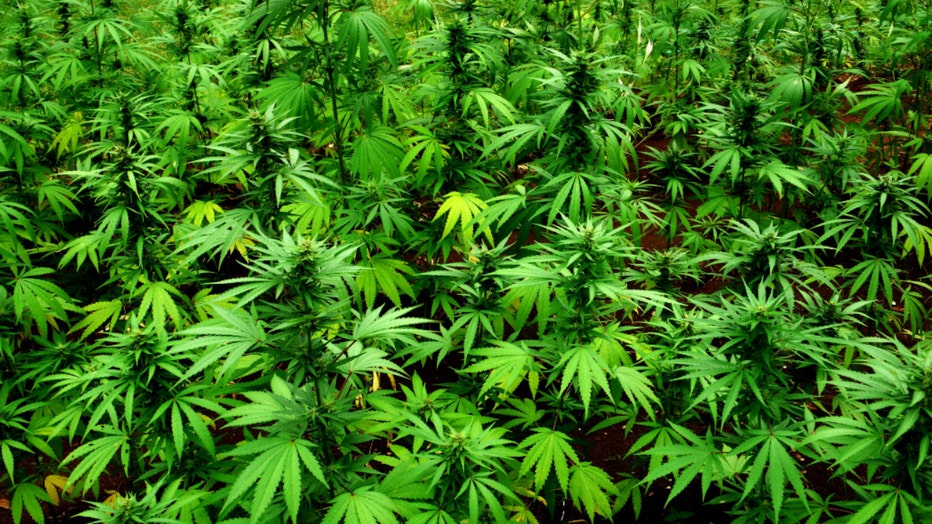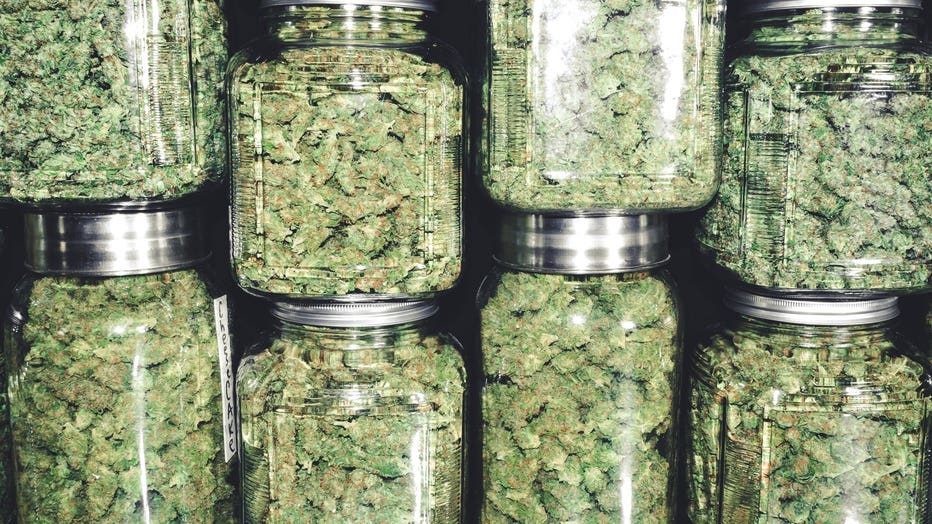Governor Evers proposes legalizing marijuana in Wisconsin

Gov. Tony Evers
MADISON, Wis. - Gov. Tony Evers announced Sunday his 2021-23 biennial budget proposes regulating and taxing marijuana much like Wisconsin regulates and taxes alcohol.
Under the proposal, Wisconsin would join 15 other states, including neighboring Michigan and Illinois, in legalizing recreational marijuana.

(Photo by Luke Dray/Getty Images)
On top of increasing revenue, doing so will create jobs and reduce the criminal justice system costs, a release said. Evers acknowledged the medicinal benefits that could be provided to those who suffer from debilitating pain and illness.
"Legalizing and taxing marijuana in Wisconsin—just like we do already with alcohol—ensures a controlled market and safe product are available for both recreational and medicinal users and can open the door for countless opportunities for us to reinvest in our communities and create a more equitable state," said Gov. Evers. "Frankly, red and blue states across the country have moved forward with legalization and there is no reason Wisconsin should be left behind when we know it’s supported by a majority of Wisconsinites."
In 2019, a Marquette University Law Poll found that nearly 60% of Wisconsinites support the legalization of marijuana and 83% of Wisconsinites support the legalization of medical marijuana.
Legalizing marijuana is expected to generate more than $165 million annually. The governor proposes setting aside $80 million of the revenue generated by marijuana to reinvest in communities across the state through a new Community Reinvestment Fund.

Photo by Kevin Cummins/Getty Images
Beginning in the fiscal year 2023, the Community Reinvestment Fund will fund $30 million in equity grants through the Department of Health Services, the Department of Administration, and the Department of Children and Families, respectively, a release said. $5 million to fund grants to underserved communities through the Wisconsin Economic Development Corporation and provide more than $34 million to support sparsity aid, which goes to small, rural school districts. The remaining revenue would be deposited into the state’s general fund.
Under the governor’s proposal, marijuana would be taxed and regulated much like alcohol and would be regulated by both the Department of Revenue (DOR) and the Department of Agriculture, Trade, and Consumer Protection.
The proposal would require the sale of marijuana for recreational use to be sold by a marijuana retailer holding a permit issued by the DOR. Individuals would need to be 21 years old to purchase recreational marijuana. All sales of recreational marijuana to minors would be prohibited, much like alcohol. The plan also provides a path for medical marijuana users to access the product without paying retail taxes.

Certain limits would be placed on the sale and possession of marijuana under the proposal. Wisconsin residents can possess no more than two ounces of marijuana and six plants for personal use. Non-residents can possess no more than 0.25 ounces of marijuana. Under the proposal, no marijuana processor or micro business that operates as a marijuana processor may make usable marijuana using marijuana grown outside of Wisconsin, a statement from the governor said.
The governor’s 2019-21 biennial budget proposed legalizing medical marijuana, but was rejected by Republicans in the Legislature, a release said.

